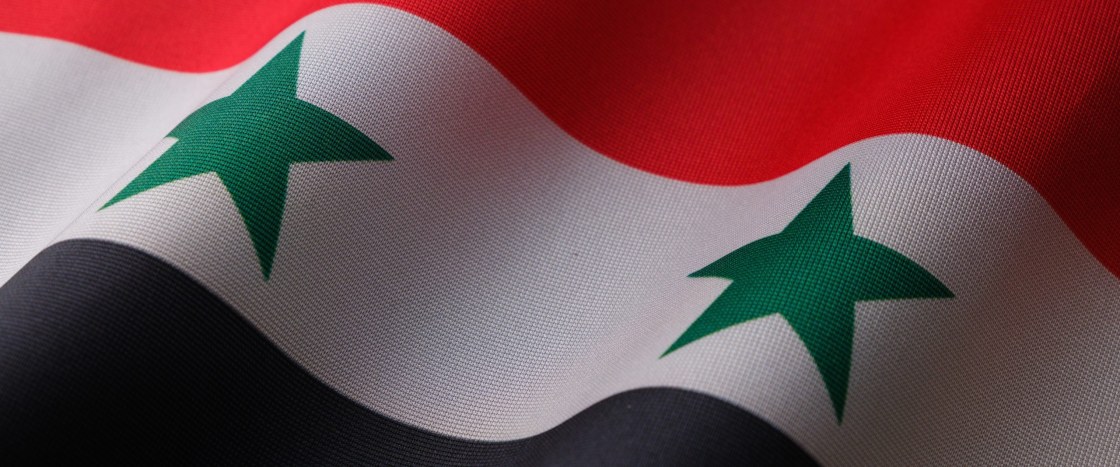Call for Papers: Keywords in Contemporary Media, Culture and Politics: Syria
The Middle East Journal of Culture and Communication, Co-edited by CAMRI’s member, Dr Tarik Sabry, will be editing a series of issues, entitled: Keywords in Contemporary Media, Culture and Politics. The series will be edited by Dr Omar Al-Ghazzi (London School of Economics).
It is difficult to exaggerate how consequential the last decade has been for the Middle East and North Africa (MENA) region. Since protests shook Tunisia in December 2010, people from Algiers to Baghdad continue to take to the streets and to speak up against injustice with unrelenting persistence, despite disastrous wars and pervasive violence. There is a new political culture and language in the region that ebbs and flows and crosses borders. Following the work of British cultural theorist Raymond Williams (1976), we know that, during certain political periods, culture gets reshaped as the ‘residual’ (old) structures are destroyed and emergent (new) forms of doing and speaking about politics are born. In these political and cultural moments, change happens quickly, and it becomes difficult to keep up with momentous and often traumatic events.
In his seminal work (1976), Keywords: A vocabulary of Culture and Society, Williams wrote a series of essays that explore the meaning words carry not in the sense of definitions in a dictionary but rather as a record of an inquiry into a vocabulary— a shared body of words and meanings that define a political era. These can be new words that emerged in popular speech or old words whose political and cultural meanings have been reshaped in particular contexts. This approach conceives of politics as performed and challenged at the level of the everyday by ordinary people (Bayat, 2017). By locating politics at the level of the popular and the everyday language through which it is articulated, this series of essays seeks to contribute to the growing field of Arab cultural studies (Sabry, 2011, Sabry & Ftouni, 2016; Kraidy, 2016), particularly as it pertains to a longer history of popular politics in the region (Armbrust, 1996; Abu-Lughod, 2005; Fahmy, 2011; Chalcraft, 2016).
The online project thus intervenes in debates on the evolving meanings of the popular, the subcultural, and the countercultural in the region. By foregrounding the relationship between language and power – culture, politics and publics – the project aims to advance an understanding of injustice and oppression in the region, as well as popular struggles to end them. In a way, it offers keywords in order to draft a history of the present of the MENA region.
The first issue in this project focuses on Syria. It explores how words are situated in contemporary Syrian political culture. Examples of keywords include: ‘revolution,’ ‘ramadeyin’ (meaning ‘the grey people’ in reference to Syrians whose political position was deemed unclear), the pro-government slogans ‘we love you’ or the expression ‘with our soul, with our blood.’
Please submit to Dr Omar Al-Ghazzi o.al-ghazzi@lse.ac.uk a 300-word abstract for a reflective 2500 to 3000-word essay focusing on a keyword you would like to explore, explaining the meanings it has acquired and the publics it addresses, and demonstrating its importance in Syrian political culture. Please also include a short biography.
The Deadline for abstracts is the 1st December 2020
Photo by engin akyurt on Unsplash







